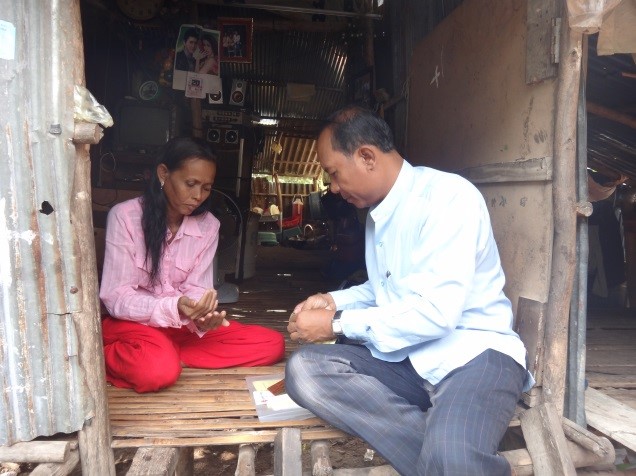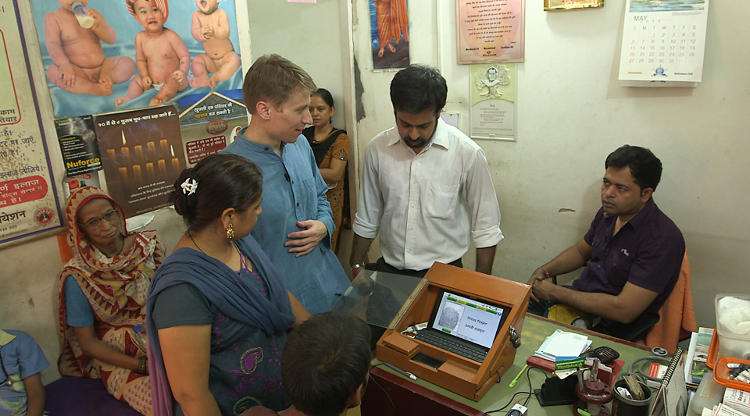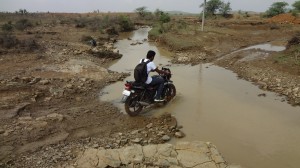
WE ARE ALL PART OF THE COMMUNITY
A Chinese proverb claims “远亲不如近邻” which means, “In times of need, it is better to have a good neighbour than a relative who stays far away”. The proverb’s wisdom was especially evident during my visit to the villages of Operation ASHA’s Sen Sok Operation District (OD).

Relieving the young family from some of their burden is their neighbour who aids in taking care of the couple’s daughter and offers food supplements. She also provides ad-hoc help when needed, forming an important social network within the community, vital to a patient’s recovery.
The second place of visit was to the home of a 68 year old woman. Due to her age, she is no longer able to work and lives alone. Like the above case, this elderly woman not only suffers from TB but also diabetes and hypertension which requires monthly follow-ups. Transportation costs are generally a burden to these rural villagers as they have little or no income. For this woman, a round trip to the hospital will cost her about USD 2.50. Transportation, medical fees and living expenses amounts to a figure far beyond what she can afford, particularly without familial support.
Thankfully, her kind and helpful neighbour as well as some charitable organizations have provided the essentials for her to get by on the necessities she needs. Her neighbour provided her with a place to stay and the food they can afford. As such, due to the neighbour’s help, she can recover faster without a worry about her safety and survival. Furthermore, her neighbour’s children kept her company and occupied, which is beneficial to her mental well-being.
These acts of kindness and compassion touch my heart deeply. While others may shun TB patients due to its risks associated with contact, neighbours in both cases above exemplify that altruism triumphs over individual self-interests. Additionally, when we put into context and in consideration of a not so distant past history of the nation some 30 years ago, these acts are even more gracious where people learn to care for one another in times of need.
Upon reflection, I feel that the world will truly benefit from these acts of kindness not just in Cambodia but in every context where we get the aid in which we need even when we cannot afford to pay for it. Sometimes it is important to remember that the meaning we derive in life is not how much we have but rather, how much we can give.
Written by: Mr Low Yew Jern (Volunteer) and edited by Mr Edson Lieu (Intern) and Jacqueline Chen (Country Director)



